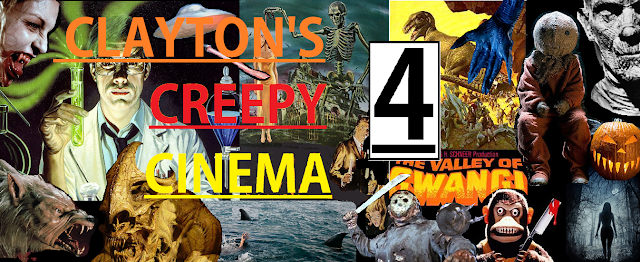The Butterfly Effect
stars Ashton Kutcher as Evan, who is plagued by random black outs throughout
his adolescence. He can’t remember anything that happens during these events,
so starts keeping a journal to help jog his memory and hopefully put an end to
the black outs. His childhood is rough, to say the very least. The father of
two of his best friends, Kayleigh and Lenny, is a pervert, Lenny develops
psychopathic tendencies, his own father is in prison, and the list goes on. I
won’t detail every tragedy in his childhood.
By the time Evan is in college, Kayleigh and Lenny and their
other friend Tommy are out of his life and he hasn’t had black outs in years,
but when he re-reads his old journals, it takes him back to those moments
during which he was blacked out in a form of time travel, where he’s able to
alter events and change his present life—for better, and for worse.
 It’s an intriguing premise, which is what drew me to this
movie initially. Typically, Ashton Kutcher is known for his comedic roles—I
remember him best as Kelso on That 70’s
Show—but here, he plays it pretty much straight, and does a good job. All
of the acting, really, is solid. Many of the cast members were relatively
unknown at the time, but some of them have gone on to have pretty great
careers. Elden Henson, who played adult Tommy, now plays Foggy Nelson on
Netflix’s Daredevil, and the kid who
played young Evan went on to star in the Percy
Jackson film series.
It’s an intriguing premise, which is what drew me to this
movie initially. Typically, Ashton Kutcher is known for his comedic roles—I
remember him best as Kelso on That 70’s
Show—but here, he plays it pretty much straight, and does a good job. All
of the acting, really, is solid. Many of the cast members were relatively
unknown at the time, but some of them have gone on to have pretty great
careers. Elden Henson, who played adult Tommy, now plays Foggy Nelson on
Netflix’s Daredevil, and the kid who
played young Evan went on to star in the Percy
Jackson film series.
When The Butterfly
Effect first came out, it was trashed by critics, but I think it’s worth
another look. The reason I think people turned their noses up at it was because
of the dark nature of the story. As I said, Evan has a hellish childhood, and
when he starts changing the past, his future becomes equally screwed up. With
each major change, you hope he can make his life right, but deep down, you know
this can’t end well. What I like best is how at the center of everything is the
love story between Evan and Kayleigh. He loves Kayleigh, and wants both of them
to live happily together, but no matter what it does, it seems he can’t have
that.
There are two versions of this movie, a theatrical cut and a
director’s cut, which have totally different endings. I first saw the
theatrical version, which has a really weak ending. The director’s cut is the
definitive version. The ending is far from your typical Hollywood ending, but
it’s the right ending for the story.
 I think The Butterfly
Effect is an underrated thriller. It’s not amazing, it’s not ground-breaking,
and it’s no classic, but I think it gets an unfair reputation. The characters
are interesting, some of the plot elements are shocking, and the spin on the
whole time travel concept is creative.
I think The Butterfly
Effect is an underrated thriller. It’s not amazing, it’s not ground-breaking,
and it’s no classic, but I think it gets an unfair reputation. The characters
are interesting, some of the plot elements are shocking, and the spin on the
whole time travel concept is creative. 



No comments:
Post a Comment